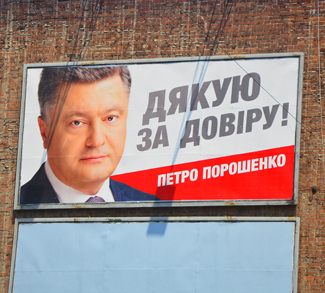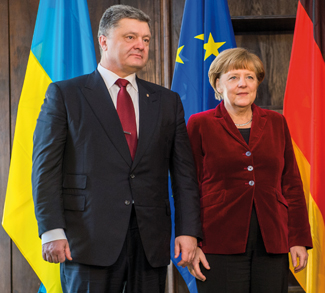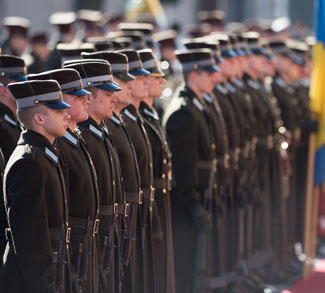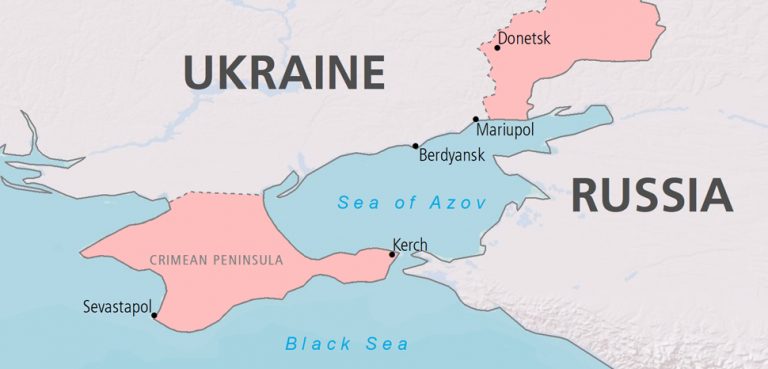Summary
At their much anticipated meeting in Berlin last week the leaders of Germany, France, Russia and Ukraine once again struggled to advance on a peaceful resolution of the Donbas conflict. This was the fourth summit in the so called Normandy format since the conflict between the central government in Kyiv and Russia-backed separatists in the east broke out over two years back. In the words of its host, German Chancellor Angela Merkel, the meeting did not produce “miracles,” although few had expressed any particular optimism before anyway. Moreover, with no documents signed in Berlin – not even a joint communiqué, the outcome of the meeting is very much a matter of interpretation, depending on whose participant’s comments are taken into account. Yet, while neither party seems content with what was achieved, the meeting did provide some noteworthy results, however subtle and tentative they may be.
Perhaps the most obvious result is that the peace process is continuing and there is no change in the format of the talks. Following the August surge in Ukraine-Russia tensions over Crimea, Moscow’s return to talks never looked certain, and more recent developments in Syria may have thrown Russia’s dialogue with the West into doubt. Substance wise, the sides reportedly agreed to continue troop disengagement along the frontline, the process that was launched last month in some selected areas. According to Ukrainian President Petro Poroshenko, a preliminary agreement was reached to draw up a road map within a month, i.e. a detailed plan of what should be done and when in order to implement provisions of the Minsk 2.0 peace deal. Finally, observers must now have a better understanding as to how the sides see and prioritize next steps. However, serious contradictions still prevent progress on almost any issue, leaving the whole peace process effectively stalled.
Background
Border Control. This remains a key issue in the peace process. Because early on in the conflict Ukraine lost control over the long stretch of its state border with Russia on the territory of the rebel “republics,” Russia has had no trouble supplying the separatists with all necessary arms and “volunteer” combatants. Although the Minsk 2.0 deal stipulated that Ukraine should regain that control only after internationally recognisable local elections are held in Donbas, the Ukrainian leadership was until recently making it look, at least for domestic audiences, as if the reverse was true.




